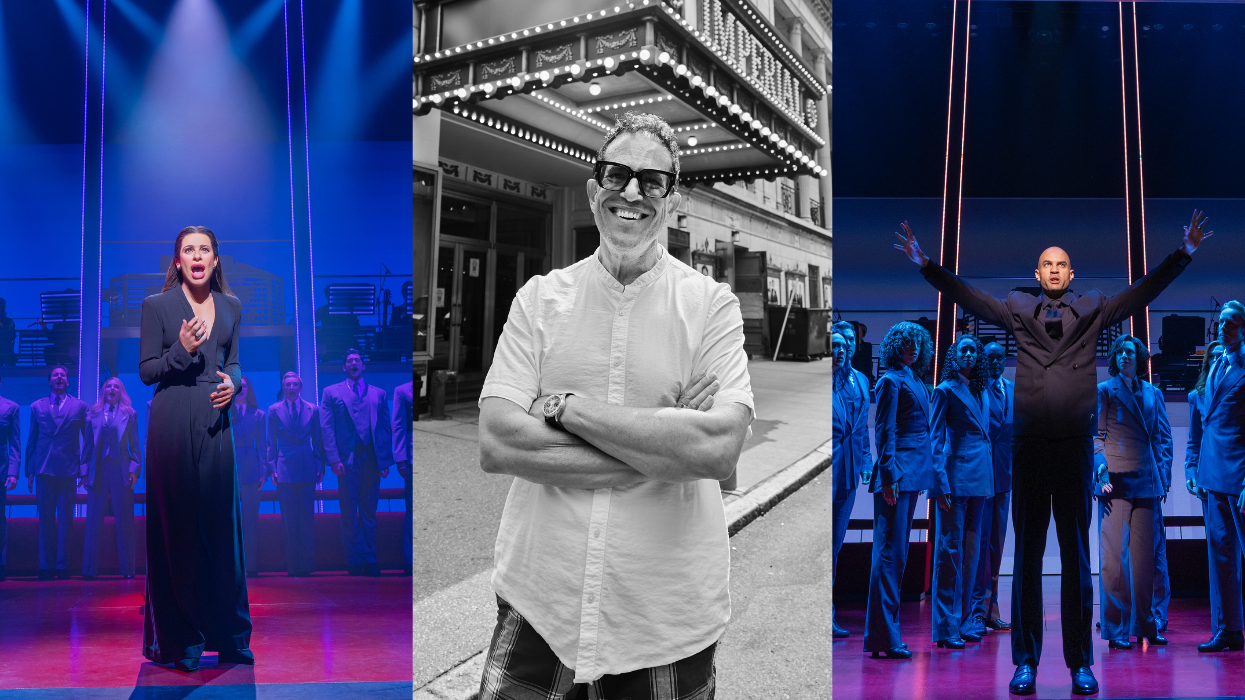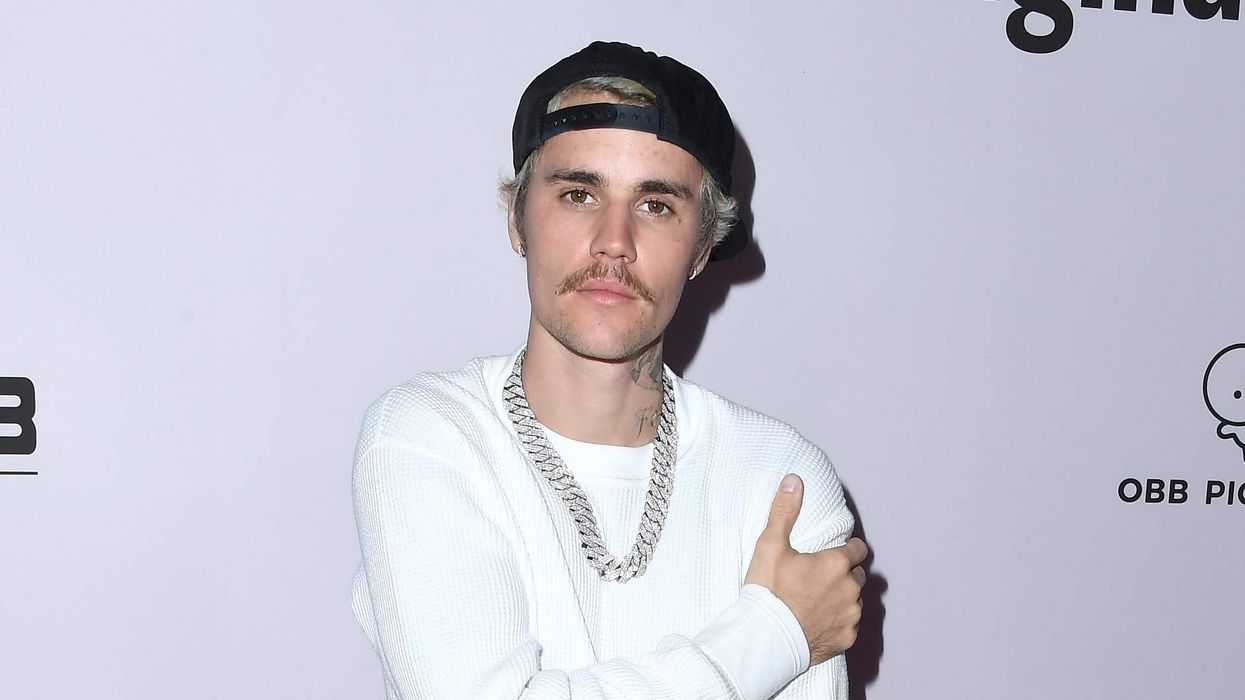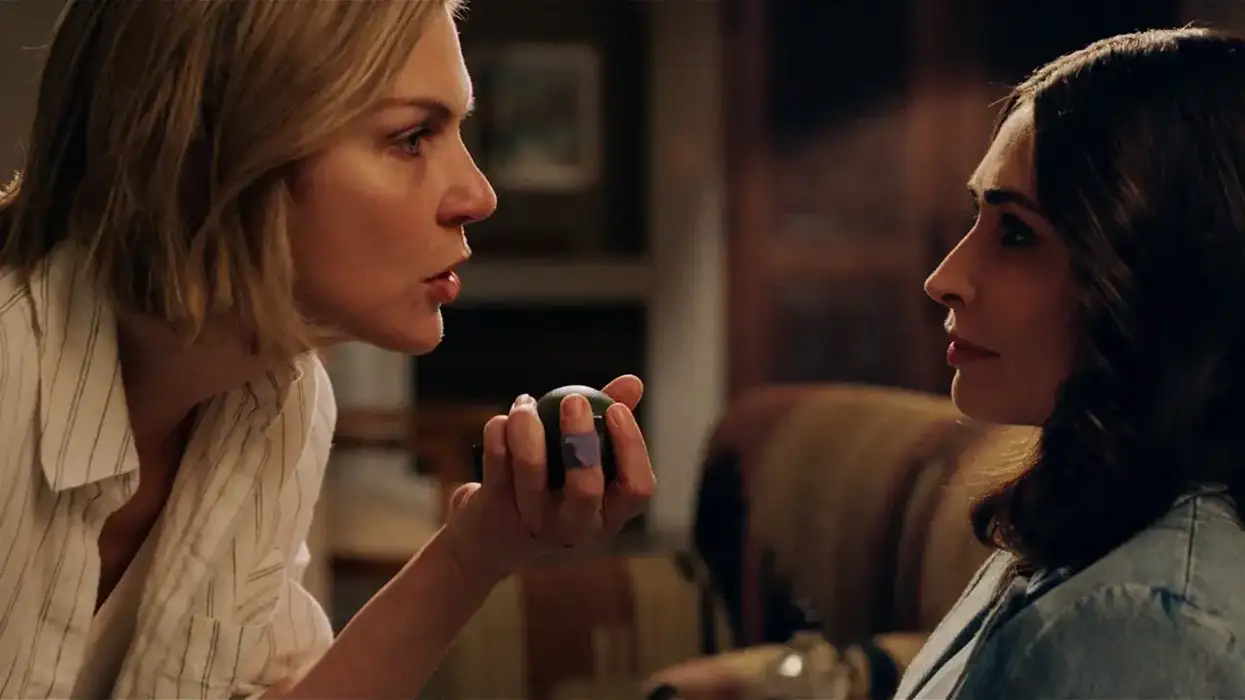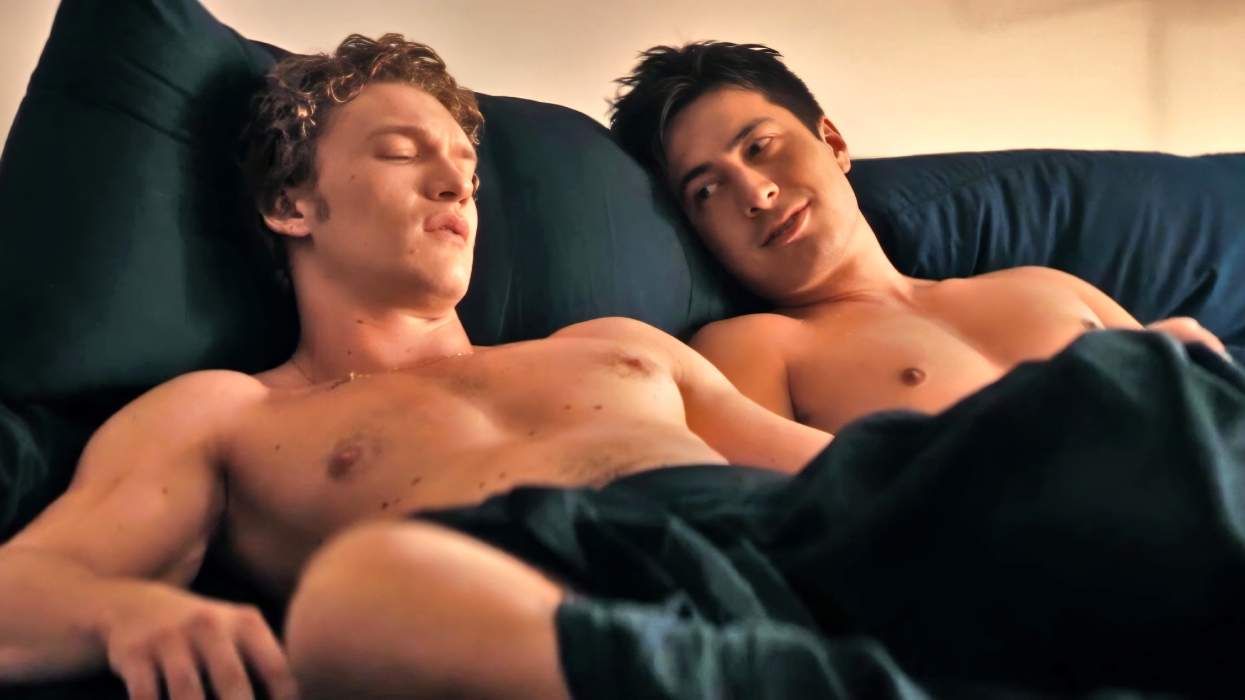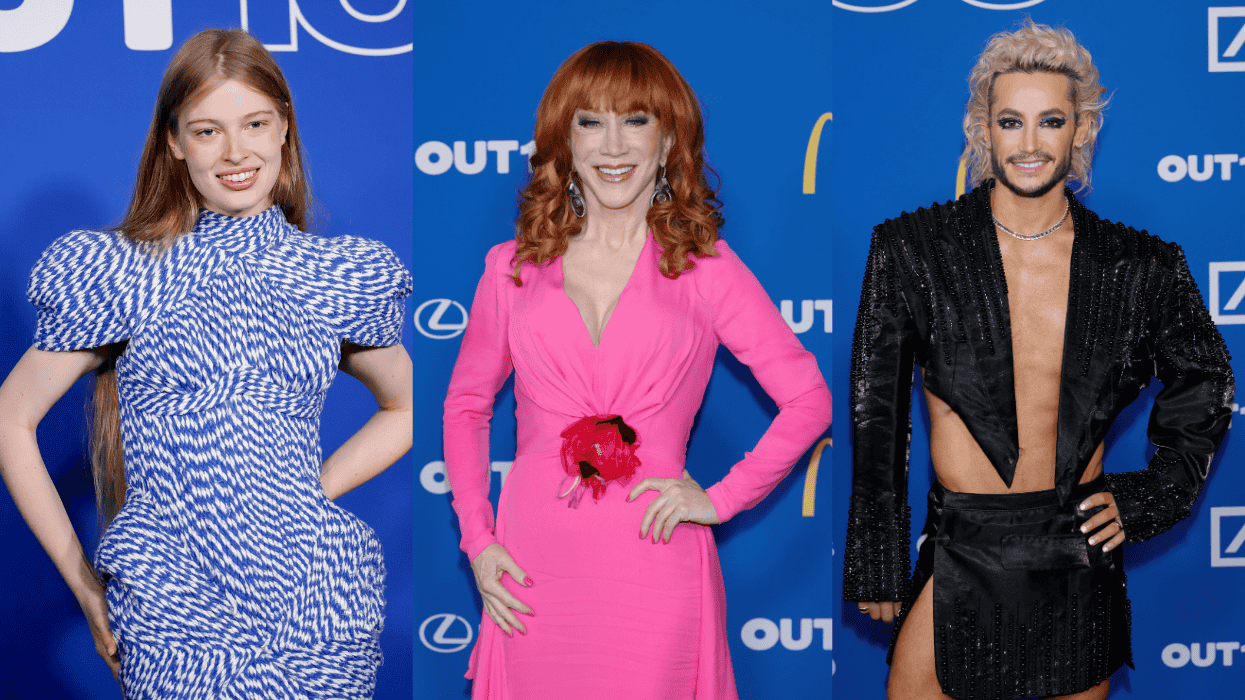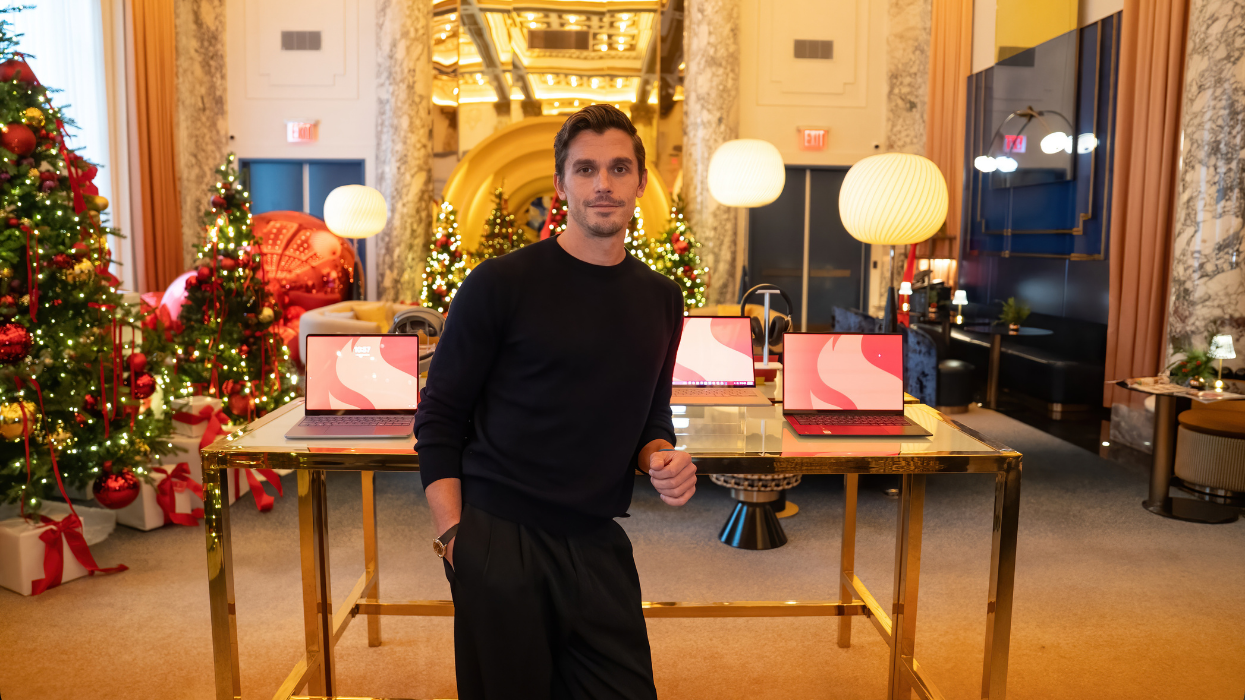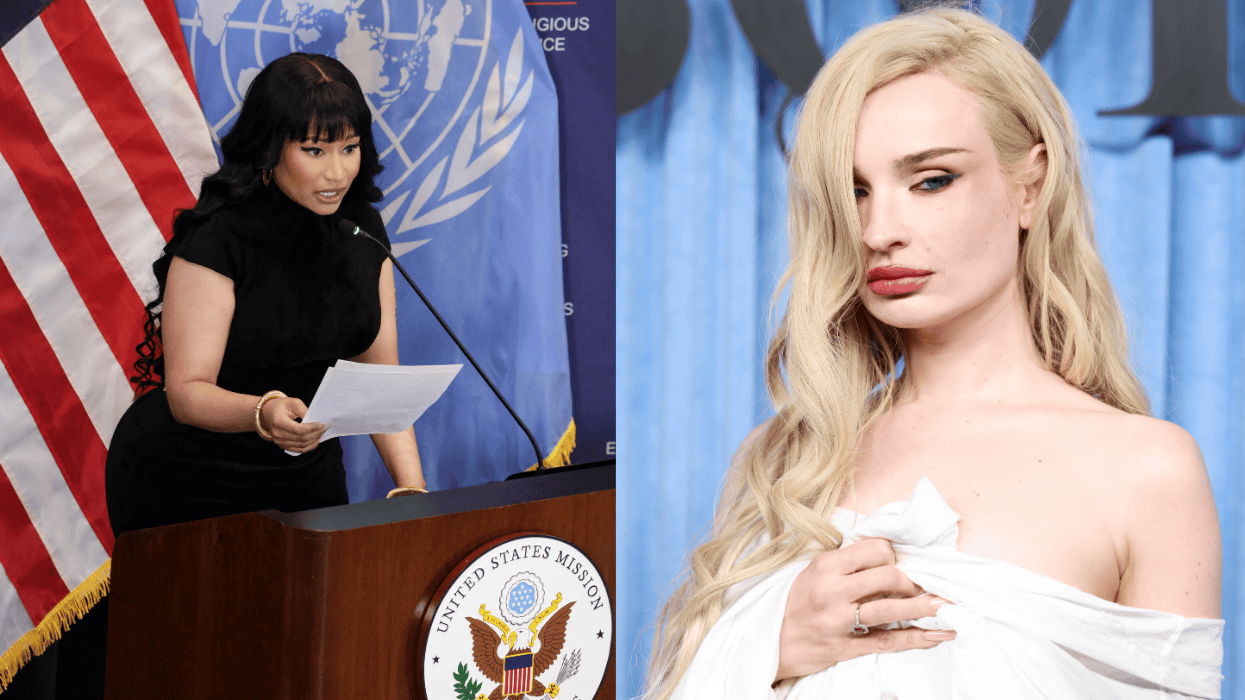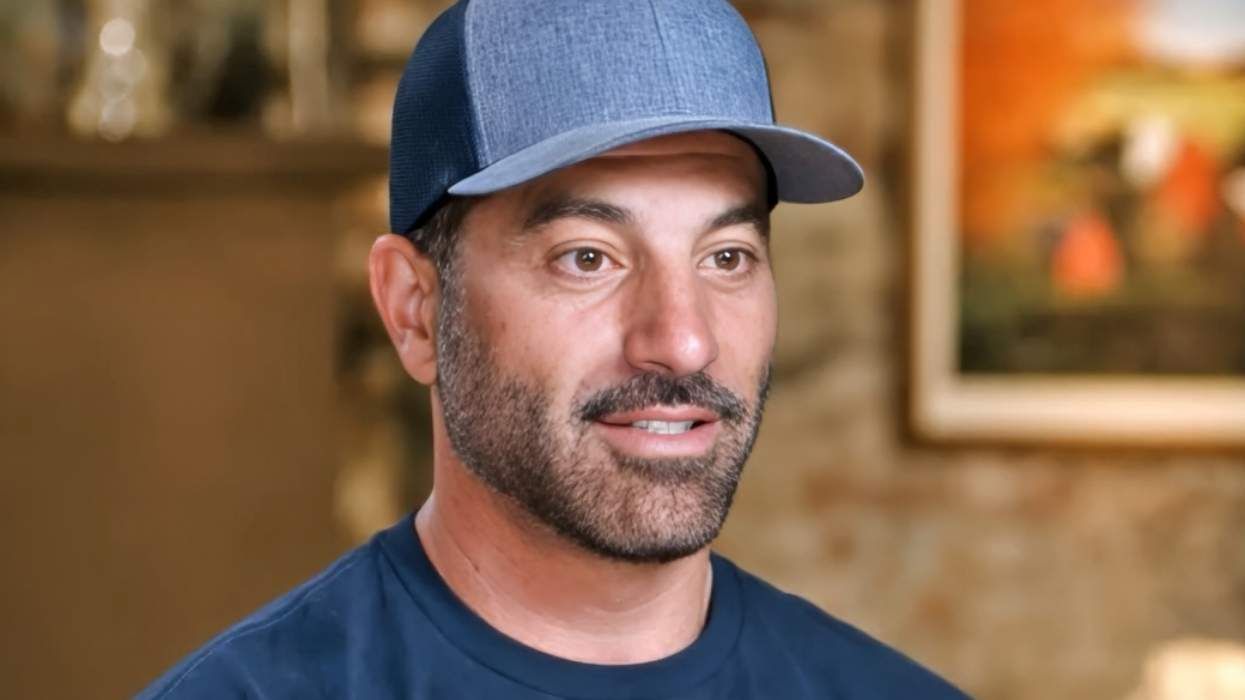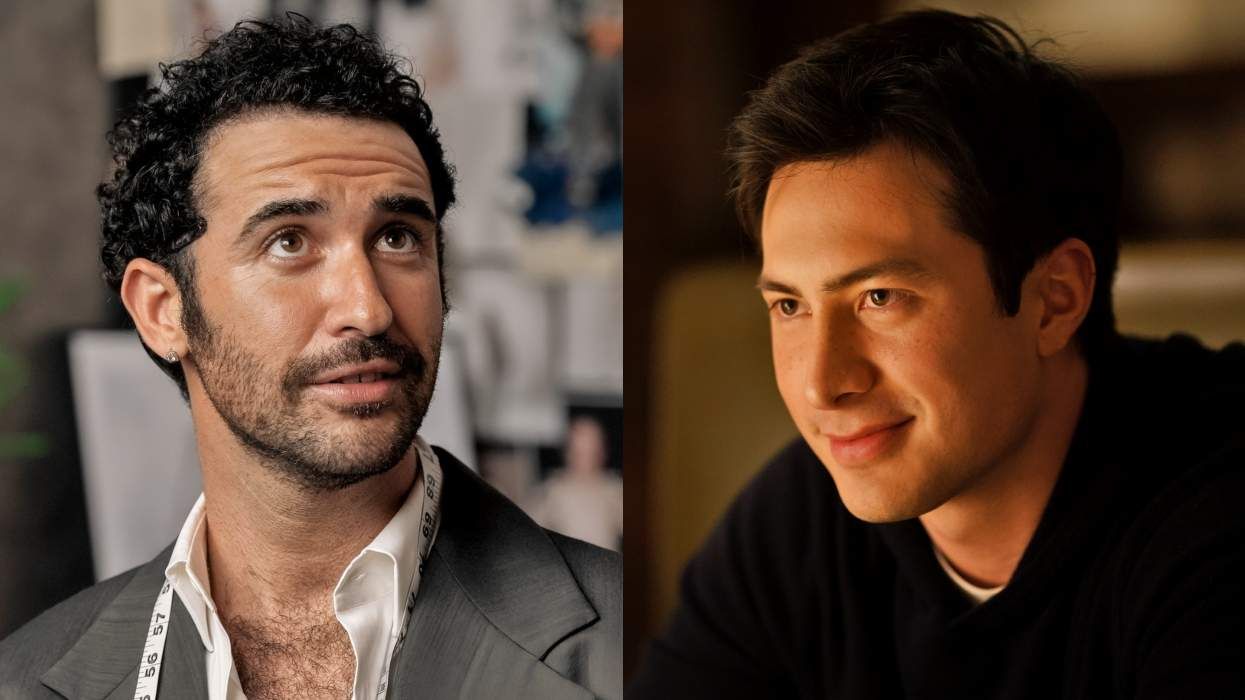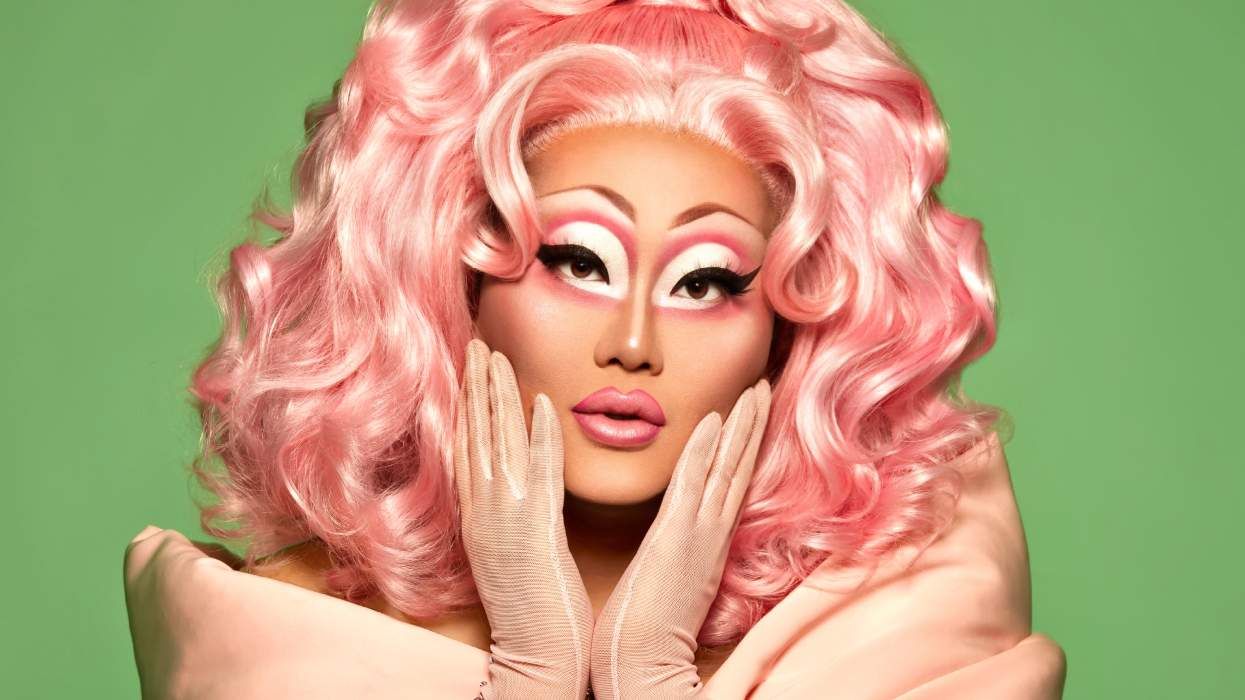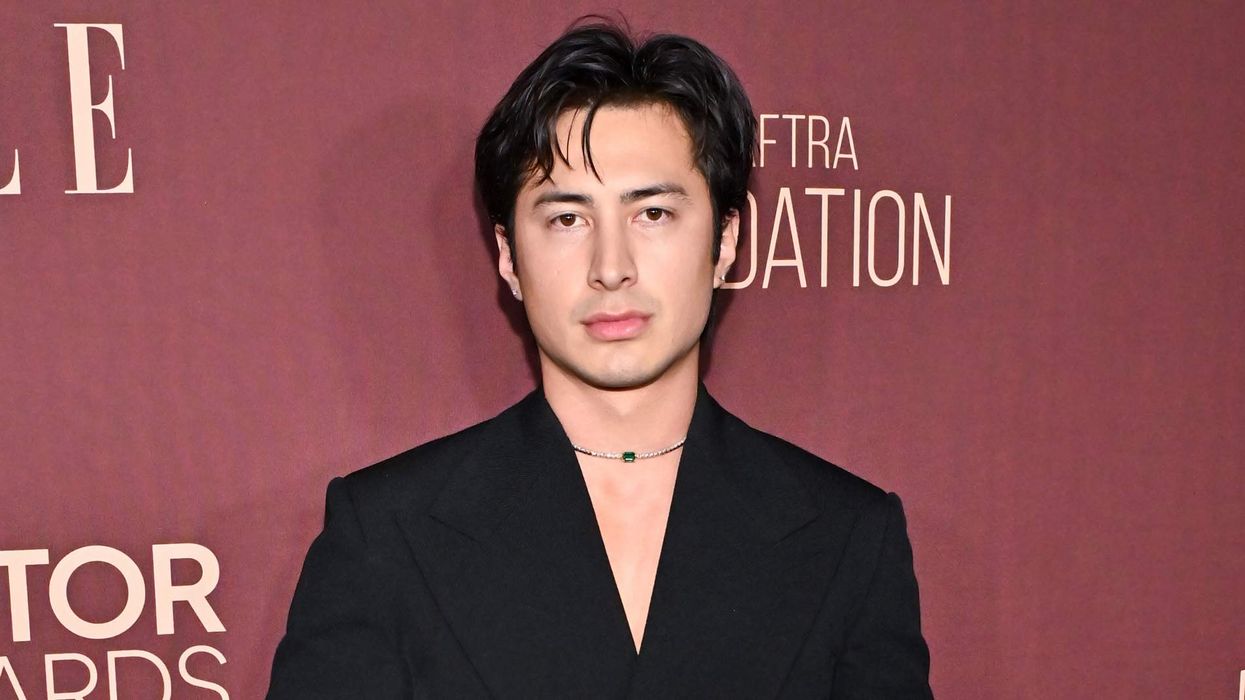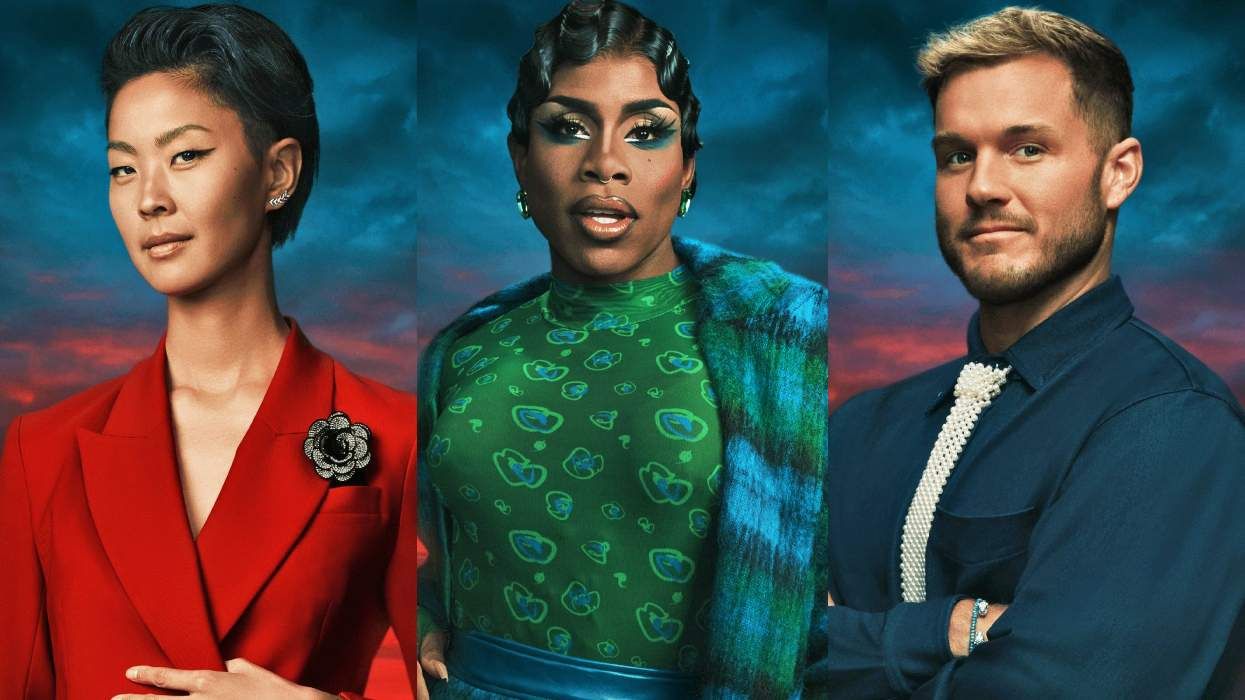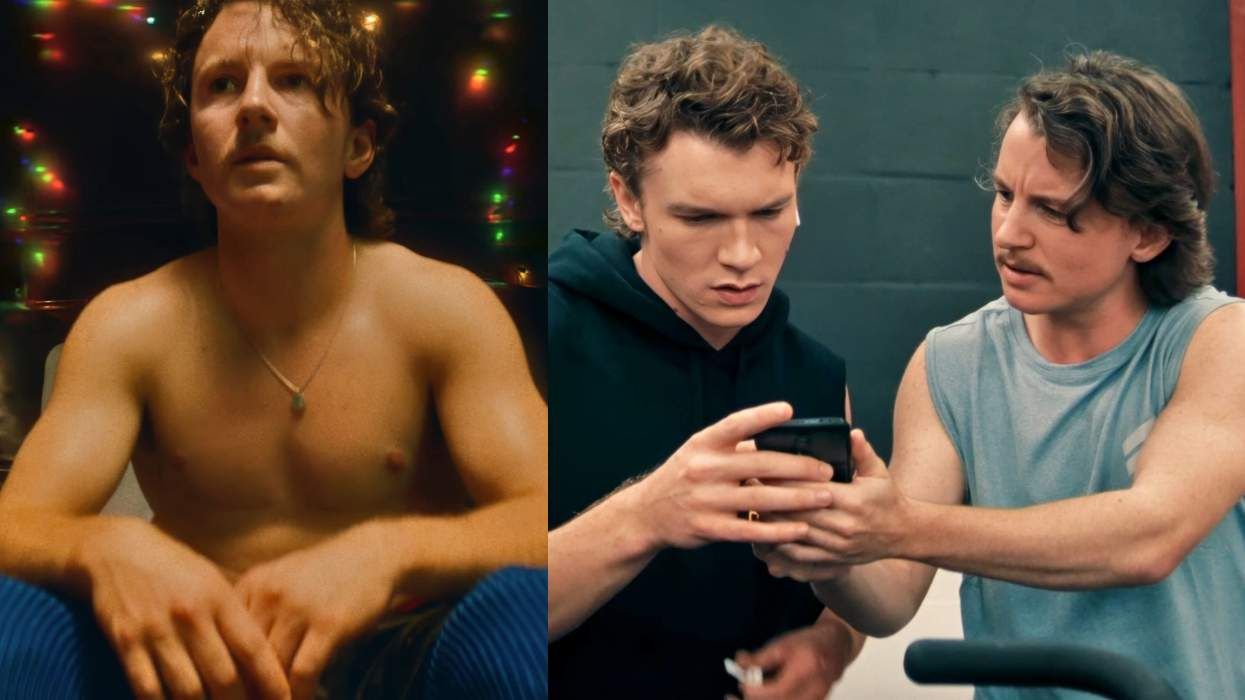A well-timed documentary series titled Addiction Unplugged, which airs Saturdays on A+E, is doing taking a deep dive into the opioid crisis. In the latest episode, from which we're premiering an exclusive clip, the show zeroes in on the crisis' impact on LGBTQ+ people.
"Addiction Unplugged's goals are to humanize addiction and recovery and to reduce the stigma and shame," show creator Stuart Goffman told Out. "In the [LGBTQ+] community and/or within the general population, no one should be subjected to judgment and stigma, especially when people need help with addiction and mental health."
The opioid crisis has its roots in the late 1990s, according to the U.S. Department of Health and Human Services, when pharmaceutical companies assured the medical community that patients would not become addicted to opioid pain relievers. In response, healthcare providers began prescribing them at greater rates. This led to widespread misuse of both prescription and non-prescription opioids before it became clear that these medications could indeed be highly addictive.
In 2017, the Department of Health and Human Services (HHS) and President Donald Trump officially declared the opioid crisis a public health emergency.
According to the National Institute on Drug Abuse, more than 130 people in the United States die after overdosing on opioids each day. The face of the opioid crisis has largely been white, as there has been a massive increase in drug overdoses among young white adults, often in rural areas. In 2016, white victims made up roughly 80 percent of the deaths from opioid overdoses, with Black victims comprising 10 percent of deaths and Hispanic victims eight percent, according to the nonprofit Henry J. Kaiser Family Foundation.
In Addiction Unplugged, each episode focuses on a specific theme as it aims to present a full picture of the crisis. They include Ohio as "ground zero" of the epidemic, how music and recovery go hand in hand, corporate responsibility, how the crisis is impacting first responders, and what addiction looks like in the inner city, among other topics. The LGBTQ+ episode highlights the work of Recovery at Wildwood Farms, a safe place along the Connecticut shoreline for LGBTQ+ people to get treatment and support.
"Addiction rates are much higher within the [LGBTQ+] community vs. the general population and that's why it's so important to have centers like Wildwood Farms and Dr. Mike Hinkley to address the special needs of the community and directly save lives," Goffman continued.
According to a November 2018 study published in the American Journal of Preventive Medicine, bisexual women are more likely than gay/bi men, lesbians, and heterosexuals to struggle with opioid misuse.
The exclusive clip from the show's fifth episode, which you can watch below, features a trans woman named Hayley Page discussing her journey.
"By the time I was 19, it was getting harder and harder to stay in the closet," she said, "[...] I couldn't just live my life as a man every day. So with all this pressure slowly building up as I got older, I turned to drugs."
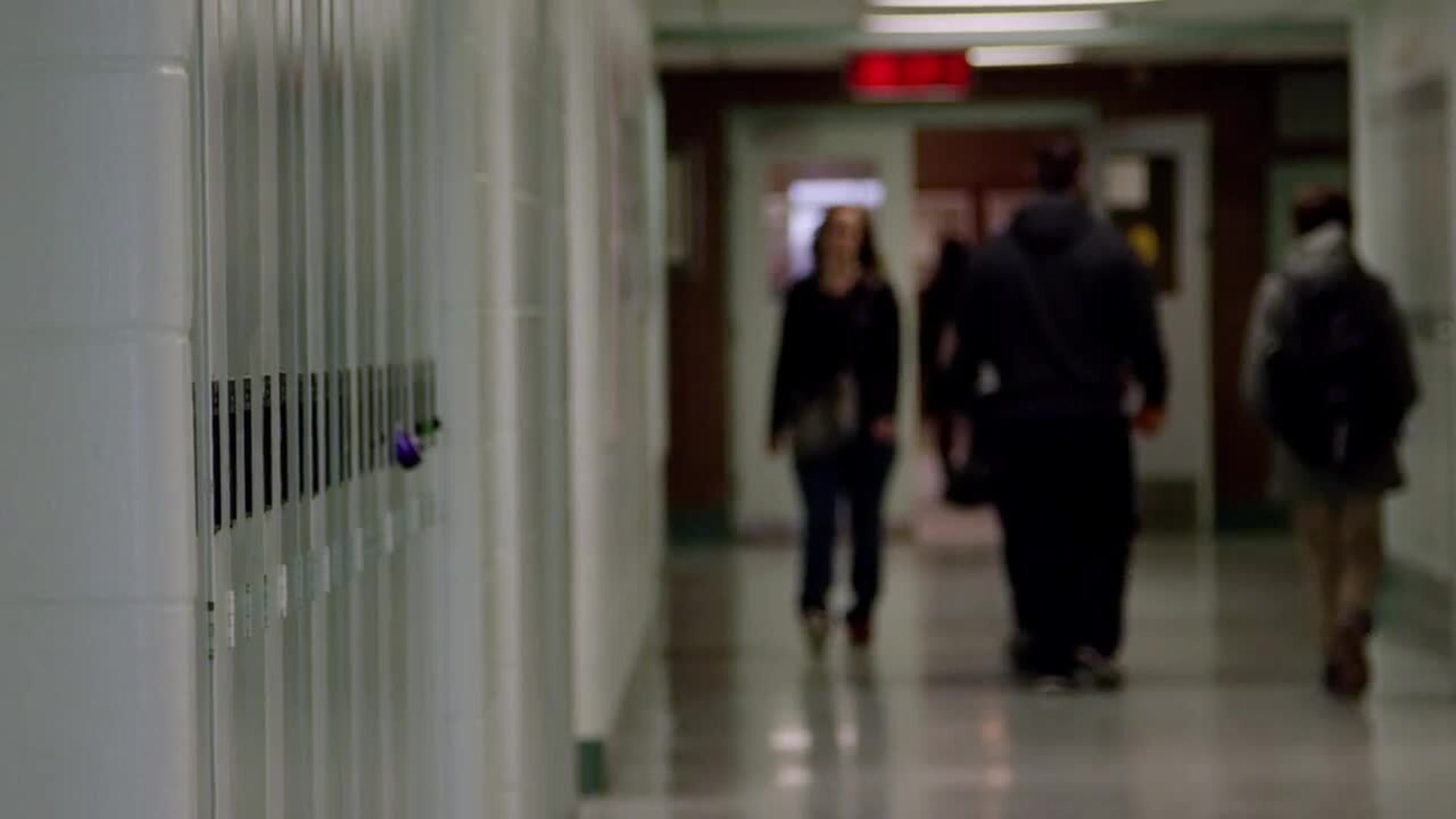
This episode of Addiction Unplugged airs Saturday, August 31 at 1 p.m. EST.
RELATED | Bisexual Women Are More Likely to Suffer from Opioid Misuse, Study Says



